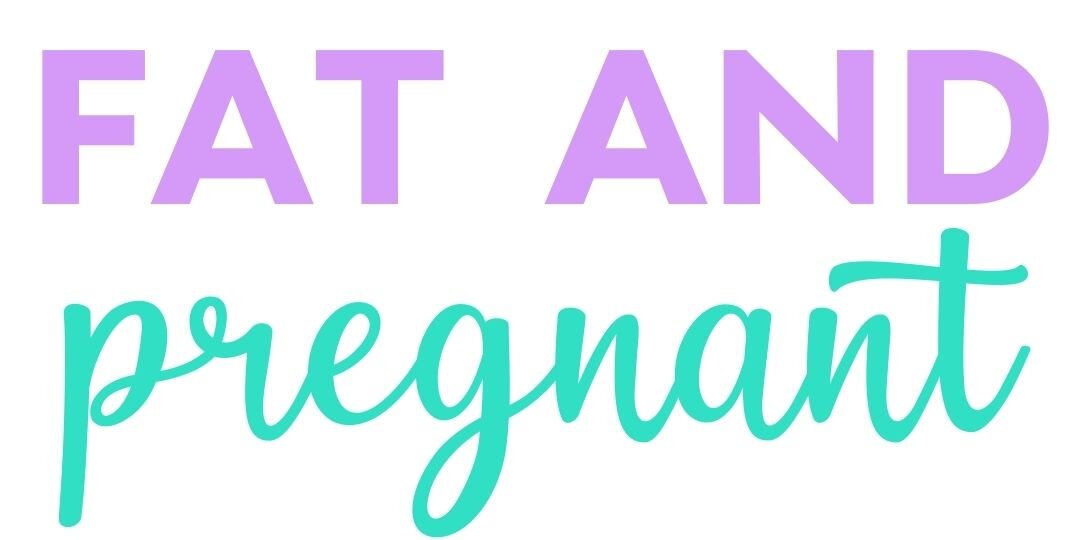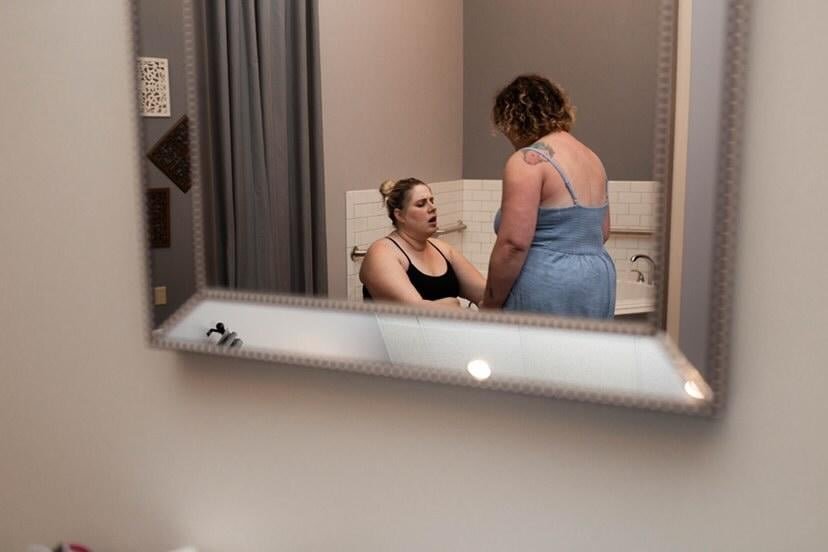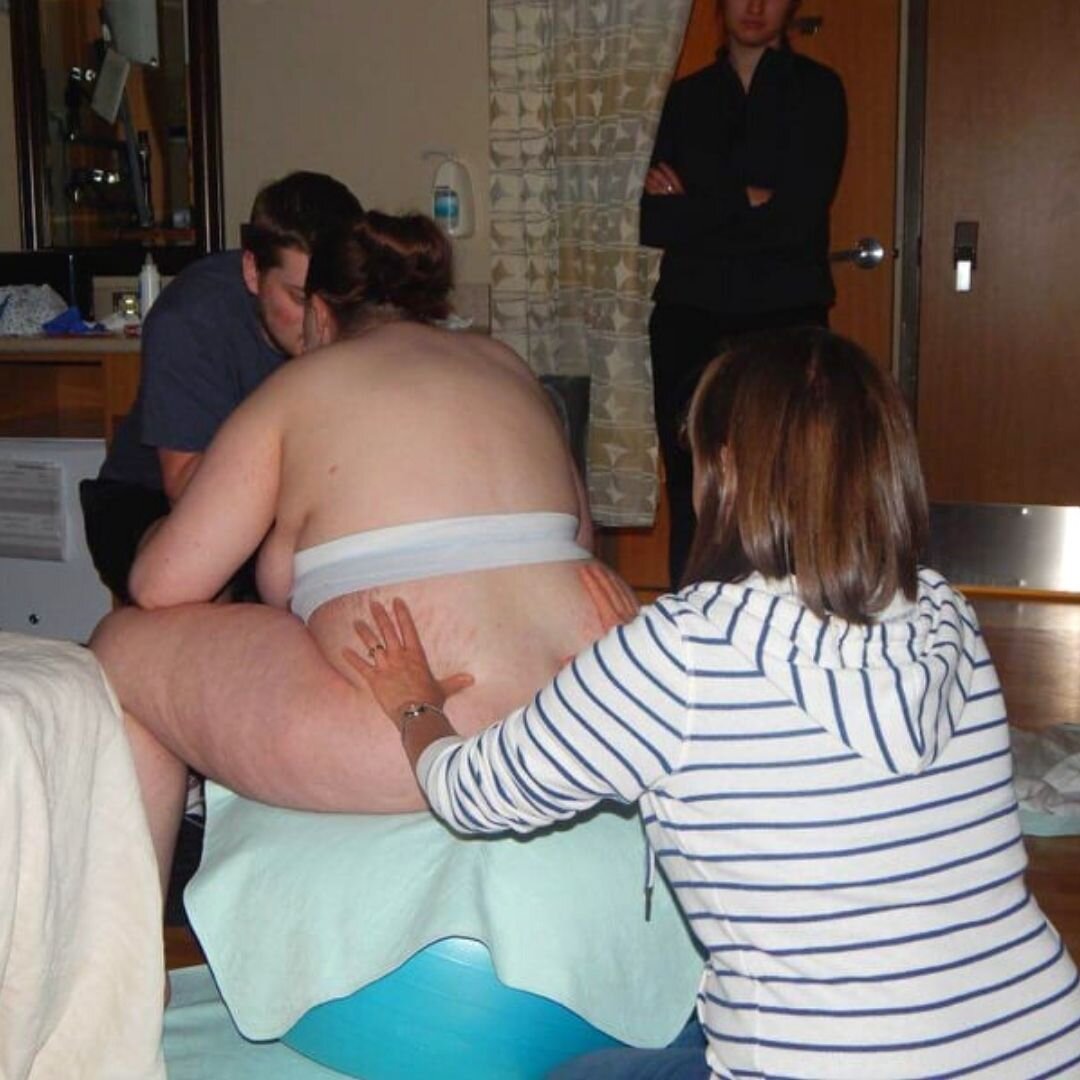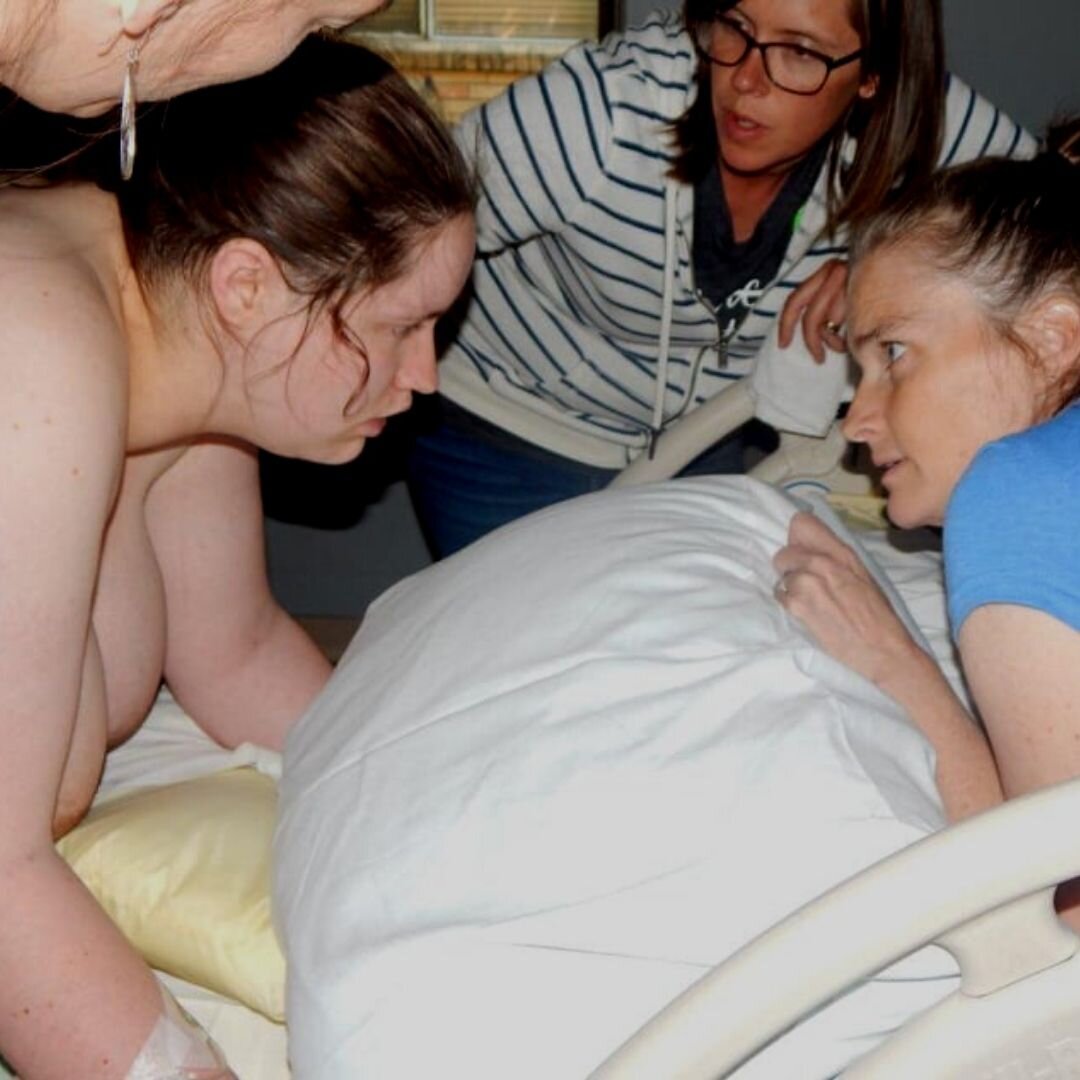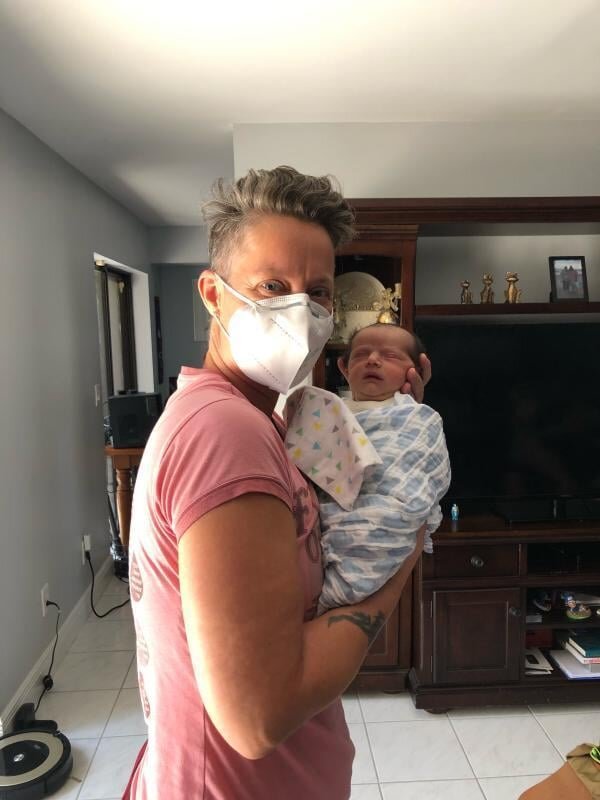Do I Need a Doula?
If you're pregnant, chances are you have come across the idea of hiring a doula. Having a doula provide support during pregnancy and birth is definitely becoming more common, although many still do not understand why someone might hire one or how a doula really helps parents have a positive labor experience. Read below to learn everything you need to know about doula support.
WHAT IS A DOULA?
There are several different types of doulas, the most popular being birth/labor and postpartum doulas.
A birth doula is a trained professional who provides evidence based information and education to expecting parents and supports them both emotionally and physically during labor. They usually meet with parents during pregnancy to help them prepare for birth, attend the birth wherever it takes place (hospital, home or birth center) and meet at least once following birth to check in with the new parent(s). Every doula is different in what they offer in terms of number of prenatal visits and many have a range of package options. Others have service add ons like lactation support, hypnobirthing, placenta encapsulation and more depending on their additional areas of expertise. Some doulas (like me!) may also offer virtual support throughout all of pregnancy and birth with all aspects of care being conducted via video chat, phone, text and email.
WHAT DOES THIS SUPPORT LOOK LIKE?
Education: a doula will help you learn about all of your options for birth. They are experienced in supporting families from many different backgrounds and all types of birth. Part of their education will include common challenges you may face and how to avoid them + work through them. Both you and your birth partner will learn practical tools to help you manage the intensity of labor and how to ensure your voice is heard during the process.
Physical Support: The vast majority of people prefer some form of physical help/support during labor. This may come in the form of counterpressure, massage, helping you change position, getting food or water and so much more! Doulas also provide reassurance to partners, may offer suggestions in how they can support you in the moment and boost their confidence in supporting you. Even if a doula isn’t actively “doing anything,” the physical presence of someone you know and trust in the room can create a level of calm and keep stress levels down.
Emotional Support: Birth is a journey! A birthing person and their partner may experience highs, lows and absolute exhaustion. Your doula is always by your side, cheering you on, boosting your confidence and reminding you of the absolute powerhouse you are! They know techniques to bring stress levels down, enhance your birth hormones and help you focus on birthing your baby, no matter what path your labor may take. They support your decisions and have full faith in your ability to birth.
DO I NEED A DOULA?
Many people have a supportive partner, family member and/or friend who is available and willing to support them on the day. They can absolutely be an invaluable support to you, however, a doula can provide a different level of care. Doulas really are experienced guides on the entire birth process. They understand the physiology of labor and birth and know what resources and techniques may be the most helpful and during which times.
A doula is also someone who is not going to have the same emotional response to your birth because they are a professional. Your partner or mother, for example, WILL respond differently watching you labor than a doula would. The amazing thing about a doula is that they not only help you, they are also trained to know the best ways to support anyone else who is journeying with you as you meet your baby. A doula doesn’t replace the role of your partner or other birth support, they are experts at enhancing their ability to care for you so you have a cohesive team of support.
WHAT DOES RESEARCH SAY?
There are amazing research findings which show there are benefits to both parents and babies when birth doula support is utilized! These include:
39% decrease in the risk of cesarean
15% increase in the likelihood of a spontaneous vaginal birth without the use of forceps or vacuum
10% decrease in the use of any medications for pain relief
Shorter labors by 41 minutes on average
38% decrease in the baby’s risk of a low five minute Apgar score
31% decrease in the risk of being dissatisfied with their birth experience
54% reduction in synthetic oxytocin (sometimes called Pitocin or Sytocinon) use to speed up or start labor
24% reduction in epidural use
The ACOG’s (The American College of Obstetricians and Gynecologists) clinical guidelines on the Safe Prevention of the Primary Cesarean Delivery was created to provide guidance on how to reduce the incidence of primary cesareans and thus, the concerning overall cesarean rate which continues to climb. Within this document, ACOG states, “Published data indicate that one of the most effective tools to improve labor and delivery outcomes is the continuous presence of support personnel, such as a doula.” (Emphasis added)
Promoting continuous professional support during labor from someone like a doula has been acknowledged as a proven way that clinicians can help reduce cesarean rates.
COST AND HOW TO FIND ONE
The cost of doula support often depends on your location and the experience of the doula you are seeking. Their price includes not only their time with you in-person but covers the cost of their insurance, expenses (gas, toll fees, parking) and being on call. Most doulas are on call for your birth for at least 4- 5 weeks minimum, meaning they are available to attend your labor at a moment’s notice. When a doula is on call for you also keep in mind that someone is often on call for them, especially if they have children and require childcare. The average cost of a doula is often somewhere between $500- 1500, depending on the number of visits and any extras.
A good internet search or referral from a friend or family member can often help you find a doula. I also recommend interviewing more than one doula since they will be supporting you during a very personal and vulnerable time. These questions are a great place to start and will help you gain an insight into the type of support potential doulas may provide for you. Here at Fat & Pregnant, you can search the size inclusive birth professional directory! These birth workers specializing in fertility, pregnancy and postpartum care have gone through our certification process so you can be confident that they have the knowledge and tools to provide services free of weight bias.
fAre you a doula, childbirth educator, midwife or other practitioner looking to serve pregnant people in a size-friendly way? My training is exactly what you need!
Read up on my birth doula support services or book in for a consultation, you may get in touch here!
** Please click on the images above to be directed to any professional photographers’ websites who took the images.
References:
Cochrane Review, 2017
Alternative Strategy to Decrease Cesarean Section: Support by Doulas During Labor, 2000
